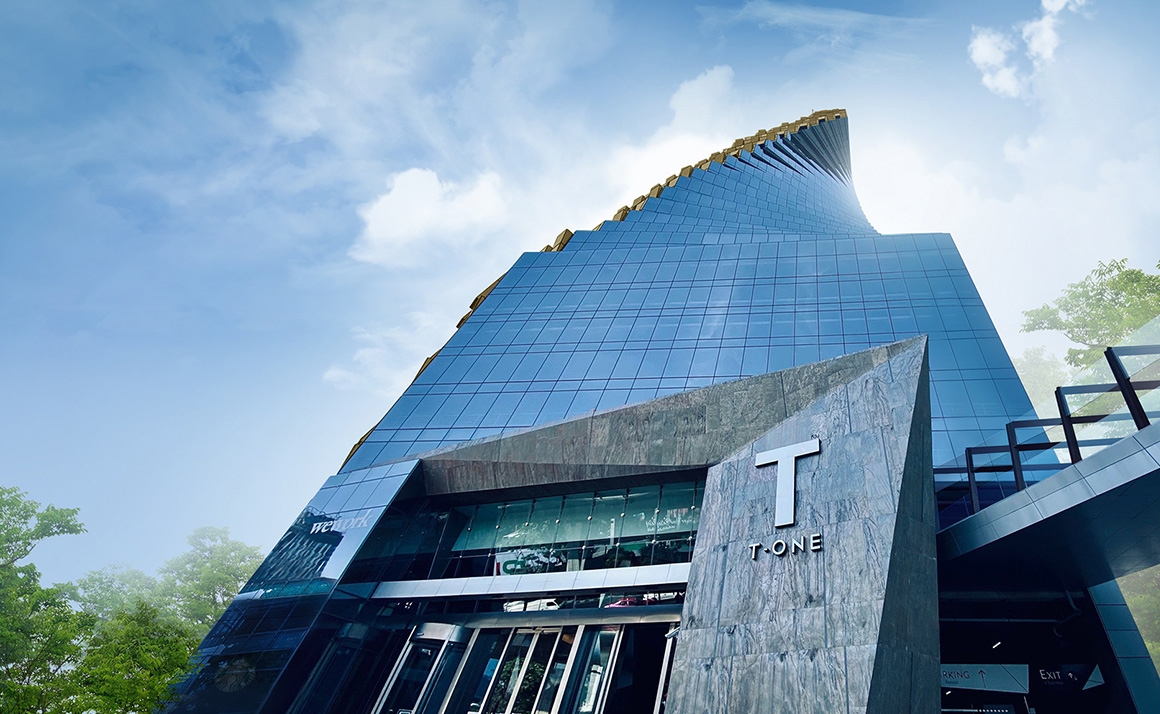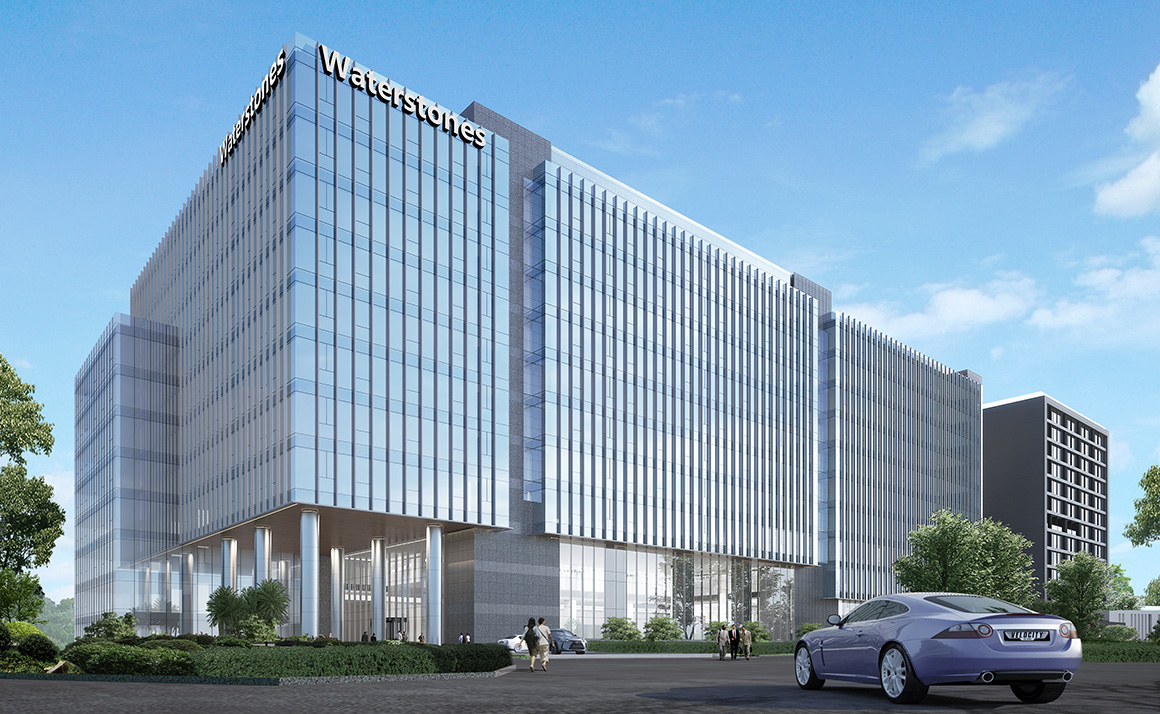
Flex office thrives in buzzing Bangkok
Bangkok’s flex office market is thriving, with rising demand from startups, SMEs, and multinationals seeking agile workspaces.
The Thai capital has become an important hub for flex offices, with growing operators taking space in some of its glitziest towers.
Bangkok’s flex office market experienced steady growth throughout 2024, driven by increasing demand from startups, SMEs, and multinational companies seeking flexible and hybrid work environments which match their evolving needs.
While specific data for the flex market in Bangkok or Thailand is limited, occupancy rates in major centres rose 10-15% last year, says Piers Mallitte, Head of Workthere Asia Pacific, Savills’ in-house flex office specialists. He says: “Flex office rents have remained mostly stable; however we have seen slight increases in premium CBD locations due to higher demand for the best-located space.”
Districts such as Sukhumvit, Silom and Sathorn remain the most sought-after by occupiers due to their connectivity, prestige and amenities. Newer Grade A properties such as T-One Building (pictured above), One City Centre, and One Bangkok continue to attract high levels of interest.
“On the occupier side, there has been a noticeable uptick in short- to mid-term leases, particularly from tech and professional services companies,” says William Gramond, Head of Commercial Leasing at Savills Bangkok. “As well as demand from start-ups, we also see occupiers using flex space for regional headquarters.”
In the traditional office market, occupancy has dropped slightly in Grade A and B CBD offices, which can be attributed to both heightened competition and a shift in demand toward flexible office solutions, says Gramond.
“The flex market shines in its agility and adaptability, offering businesses tailored and instant solutions. However, traditional office spaces still dominate the market for large-scale, long-term commitments.”
Flex office operators continue to expand in Bangkok. For example JustCo, one of the leading operators in the capital, last year added two floors to its space in the prestigious One City Centre tower. Meanwhile, rivals such as IWG, UnionSPACE and The Great Room are expanding in prime midtown and suburban locations. Nonetheless, some flex operators have been scaling down in the face of stiff competition and the tenant preference for prime spaces and locations.
Looking ahead to the rest of 2025, Workthere expects Bangkok’s flex and traditional office markets to maintain healthy occupancy. Meanwhile, outside Bangkok, some operators plan to open in provincial locations such as Chonburi, Chiang Mai and Phuket, capitalising on further decentralisation and the continued evolution of hybrid working models.
Mallitte says: “These areas are emerging as hubs for startups, SMEs, and businesses looking for more affordable and flexible office options outside the central business district.”
Further reading:
Workthere
Contact us:
William Gramond



